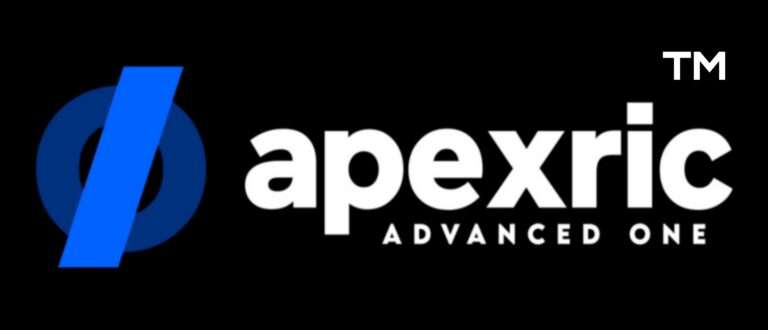Section 8 Company Registration – Empower Your Non-Profit with Legal Recognition!
Register your Section 8 Company and bring your charitable, educational, or non-profit goals to life with our all-inclusive registration service. A Section 8 Company is designed for organizations promoting social welfare, education, charity, or any other purpose beneficial to society. Our hassle-free registration process ensures that your organization gets the legal status it needs to operate smoothly.
What’s Included in Our Section 8 Company Registration Package:
- Name Approval + Incorporation – We handle the complete process of securing approval for your company name and incorporation with the Ministry of Corporate Affairs.
- Instant Filing – Fast and seamless filing of all necessary documents to incorporate your non-profit organization quickly.
- 4 Name Choices – Provide up to four name choices, ensuring flexibility and quicker approval for your Section 8 Company name.
- Company Registration – We manage the full registration process, ensuring compliance with legal requirements to formalize your non-profit.
- Bank Account Assistance – Get assistance with opening a business bank account for your Section 8 Company to manage donations and finances effectively.
What is Section 8 Company Registration?
A Section 8 Company is a type of non-profit organization registered under Section 8 of the Companies Act, 2013 in India. It is intended for entities that operate with the primary goal of promoting social welfare, education, charity, or any other objectives that benefit the public. Unlike other types of companies, a Section 8 Company is not meant for profit distribution among its members. Instead, any profits made are reinvested into furthering the company’s objectives.
Advantages of Section 8 Company Registration:
- Tax Exemptions:
- Section 8 Companies are eligible for tax exemptions under various sections of the Income Tax Act, 1961. Donations made to these companies can also be tax-deductible for donors.
- Limited Liability:
- The liability of the members of a Section 8 Company is limited to the extent of their shareholding or contribution, protecting their personal assets from business liabilities.
- Legal Recognition:
- Being a registered entity, a Section 8 Company enjoys legal recognition, which can enhance its credibility and help in fundraising efforts from donors and grants.
- No Minimum Capital Requirement:
- There is no minimum capital requirement for establishing a Section 8 Company, making it easier and more accessible for those with limited resources.
- Ability to Receive Grants and Donations:
- Section 8 Companies can receive grants and donations from government bodies, corporate entities, and individuals, which are crucial for funding their non-profit activities.
- Flexibility in Operations:
- Section 8 Companies have more flexibility in their operational and managerial structures compared to other non-profit models, like trusts or societies.
- Perpetual Succession:
- The existence of the company is not affected by changes in membership. This ensures continuity and stability in its operations and mission.
- Credibility and Trust:
- Registration as a Section 8 Company can increase the organization’s credibility and trustworthiness among stakeholders, donors, and the general public.
Disadvantages of Section 8 Company Registration:
- Compliance and Regulation:
- Section 8 Companies are subject to stringent compliance requirements and regulatory oversight. This includes maintaining detailed records, conducting annual general meetings, and complying with various statutory requirements.
- Complex Registration Process:
- The registration process for a Section 8 Company can be more complex and time-consuming compared to other non-profit entities like trusts or societies.
- Restricted Profit Distribution:
- Since Section 8 Companies cannot distribute profits to their members, all surplus funds must be used to further the organization’s objectives, which may not be ideal for those looking for financial returns.
- Mandatory Audits:
- Section 8 Companies are required to have their accounts audited annually, adding to administrative costs and requiring adherence to accounting standards.
- Limited Scope for Profit-making Activities:
- While Section 8 Companies can engage in income-generating activities, these must align with their non-profit objectives. The scope for commercial activities is limited compared to for-profit entities.
- Restrictions on Political Activities:
- Section 8 Companies are not allowed to engage in political activities or influence political outcomes, which could limit their advocacy or lobbying efforts.
- Dissolution and Winding Up:
- Dissolving a Section 8 Company can be more complicated than other types of non-profits. The assets must be transferred to another non-profit organization with similar objectives.
Conclusion:
A Section 8 Company is ideal for individuals and groups focused on charitable, educational, or social welfare activities who want to operate within a structured and regulated framework. It offers tax benefits, limited liability, and legal recognition, making it suitable for serious non-profit ventures. However, the regulatory burden, complex registration process, and restrictions on profit distribution can be challenging and may require careful consideration before establishing this type of organization.







Reviews
There are no reviews yet.